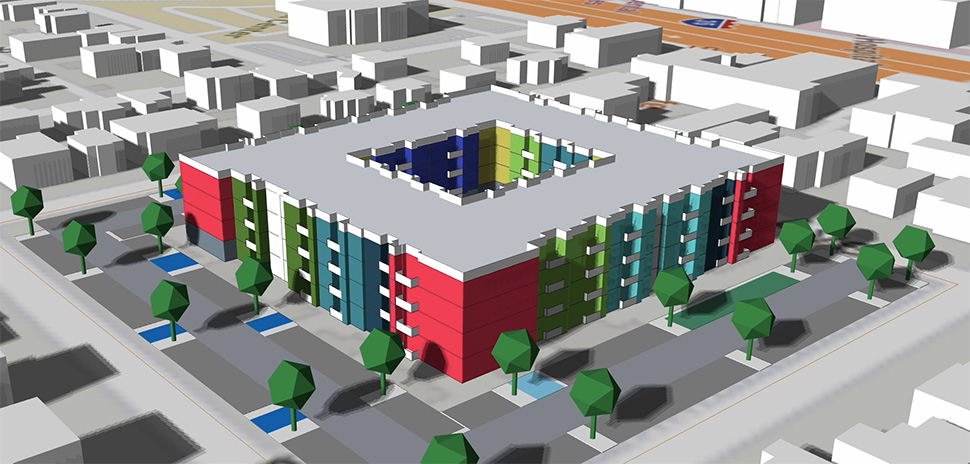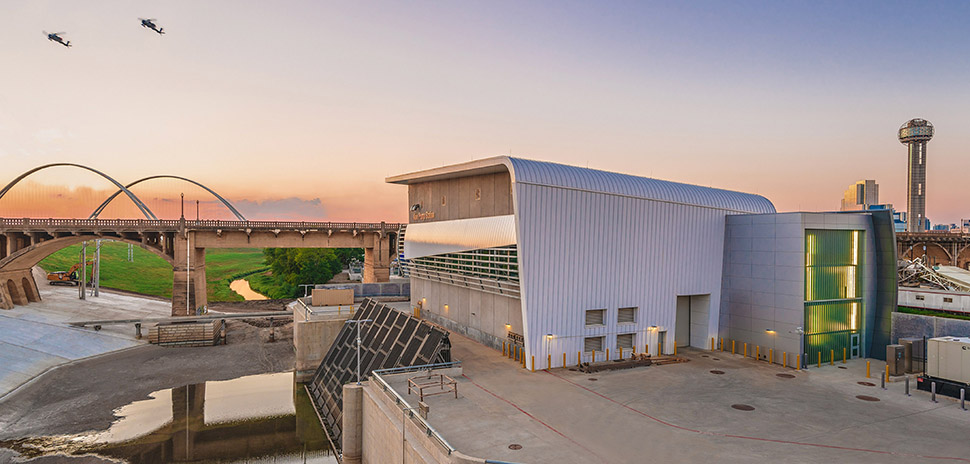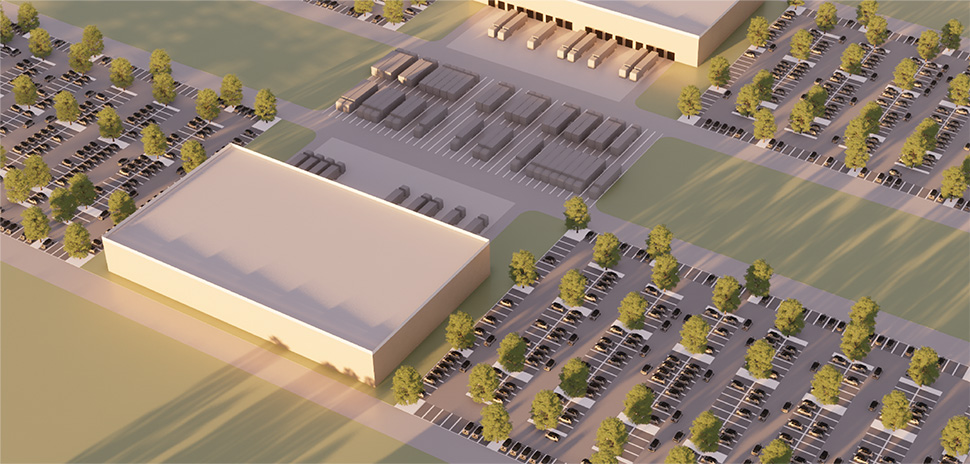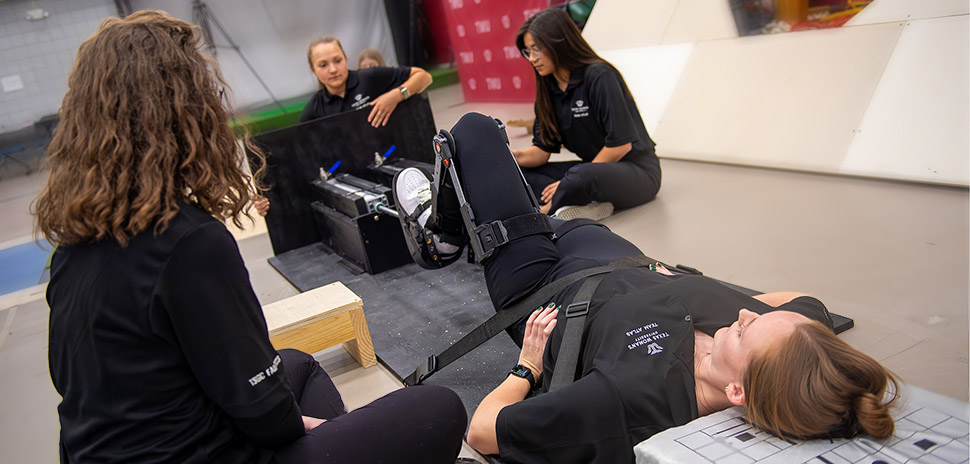TestFit, a Dallas-based real estate development feasibility platform, aims to “revolutionize” building optimization through computational artificial intelligence. To help advance that goal, it’s launching a new tool in July called Generative Design.
The company—which wrote its first line of building-optimization code in 2016—has become an emerging leader in the space with its TestFit Site Solver, a computational AI co-creation tool that enables users to “generate site plans instantly with real-time insights into design, cost, and constructability.”
The Generative Design tool is “the next step forward,” TestFit says, because it allows AI to test site solutions “on its own,” based on specific project requirements.
Every building is a ‘prototype’
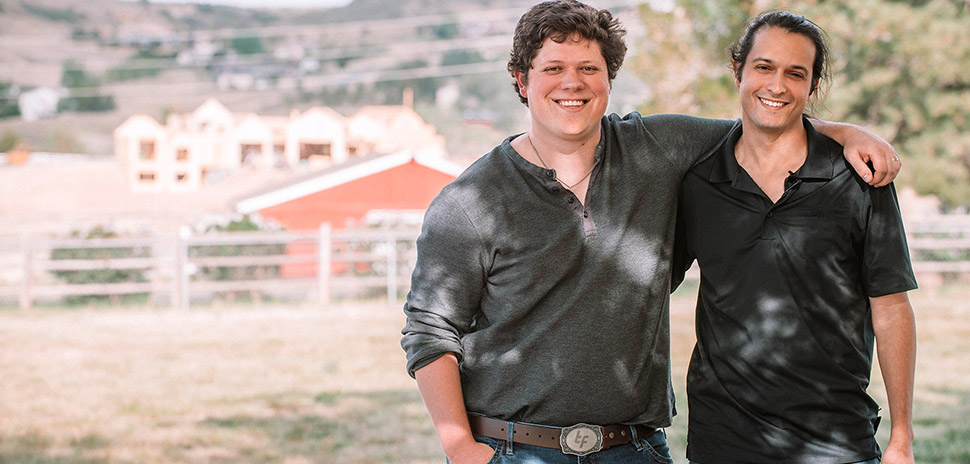
TestFit co-founders Clifton Harness, CEO (left), and Ryan Griege, CTO (right).
“Real estate development is innately bespoke,” TestFit Co-Founder and CEO Clifton Harness said in a statement. “Every piece of land is unique, requiring every building to be a prototype. While experience and local knowledge can be applied to decision-making, with Generative Design, a machine can test every possible configuration, inclusive of what we would never even think to try.”
Until recently, generative design has required a deep expertise in complex computational algorithms, the company said. But with its new Generative Design tool, “users can easily define the targets they need with filters like floor area ratio (FAR), parking ratio, and yield on cost, to find the best option for their specific needs.”
Starting a project with a key goal in mind
“TestFit Generative Design begins your project with a goal, allowing you to start with an optimized site plan,” Harness said. “We believe this approach enhances both productivity and creativity.”
The company says Generative Design is “the first [tool] of its kind for architecture,” especially for commodity buildings. Unlike most current generative design software, which primarily caters to smaller-scale production like manufacturing and industrial design, TestFit says its Generative Design tool “works for sites of all scales, from multi-family development to industrial buildings.”
Laura Paciano, SVP of Growth at TestFit, said her company is “providing users with the ability to explore a multitude of design possibilities in a fraction of the time it would take using traditional methods.”
“In an era of land scarcity and escalating housing demand, Generative Design promises better and more efficient use for every site,” she added.
Generative Design will be available in July, the company says, and has posted a waitlist for potential users.
Funding rounds in 2022 and 2023
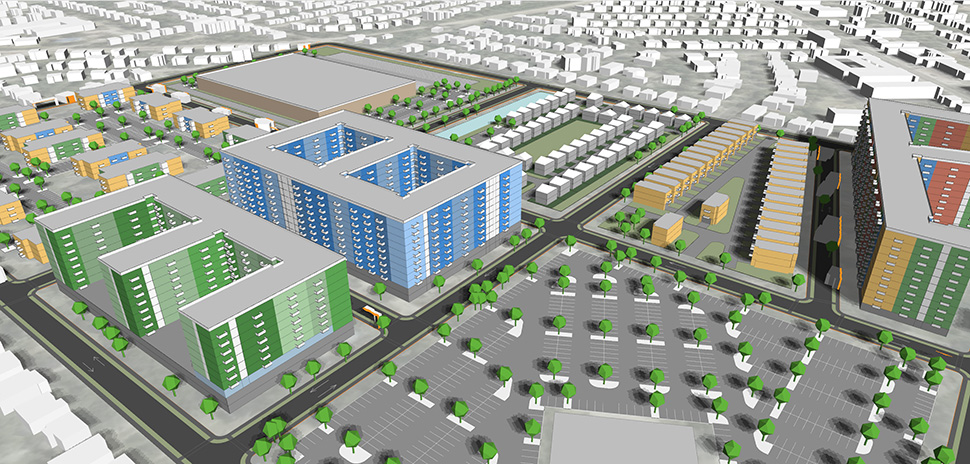
[Image: TestFit]
San Francisco-based Prologis Ventures invested in a $20 million June 2022 Series A round for TestFit with Dallas-based Perot Jain and New York-based Parkway Venture Capital. That followed Parkway’s $2 million seed funding investment in TestFit in 2020.
Last September, we wrote about TestFit showing Prologis itself what the firm could do with its real-time AI platform for real estate feasibility, speeding up site planning “by as much as 10 times.”
![]()
Get on the list.
Dallas Innovates, every day.
Sign up to keep your eye on what’s new and next in Dallas-Fort Worth, every day.

